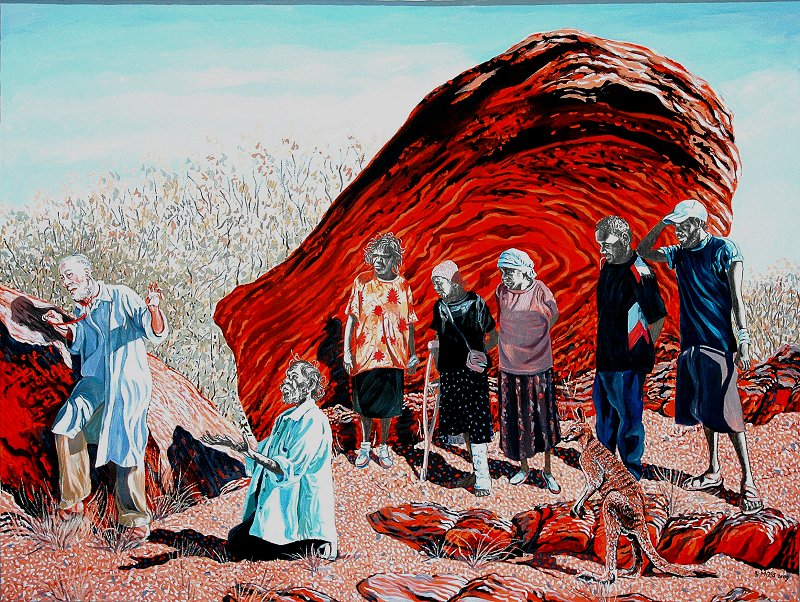Leo was an asylum seeker. Let us put aside that weary term and see what Leo was and how we came to know him. Leo was a Tamil. That means he was born into that minority in Sri Lanka which gave rise to the Tamil Tigers. The Tigers rebelled violently against the Sinhalese majority, earning a reputation for terrorism.
A civil war was conducted over many years, culminating in a government offensive that put down the rebellion and targeted civilians. If I read the story right, both the Tigers and the government were guilty of atrocities.
Leo was a baby when, during the worst of the bombings, his father wrapped him in banana leaves and hid him in the jungle. The family fled to India when Leo was five. He lived there in a miserable camp for twenty years, visiting Sri Lanka once to see family. He was imprisoned and tortured. Why? I don’t know precisely, but the explanation would have to start with the fact he was a Tamil.
Leo became an asylum seeker, a boat person, a “queue jumper”, and made his way to Cocos Islands. After only four months of detention, Leo was resettled near Geelong.
That means the Australian authorities – Customs, Immigration, ASIO – found him to be a non-terrorist. They found that speedily. Leo was judged not to be a risk to Australia. He was given a Bridging Visa, which allowed him to work but did not endow him with Permanent Resident status.
We said, “Leo, although you jumped our queue, we are letting you into the country and out into the community. But you are a guest. We can tell you at any time to go back where you came from.”
In the last few weeks Leo learned that a couple of Tamil men with stories similar to his own had been taken back into detention. These two faced the prospect of joining the one thousand Tamils whom we have sent back to Sri Lanka where they face persecution. Leo knew that persecution; he knew it in his tortured mind and in his body.
How did Leo spend his time on the Bellarine Peninsula? He worked two days a week for an asphalting company, cleaning greasy trucks. In his spare time he volunteered in an aged care home, he donated blood, he helped bring aid packages to asylum seekers new to the community, he sent money every month to an orphanage in the refugee camp in India that is still his parents’ home.
Leo became an organ donor. Did he expect to die?
Mister Morrison, our Immigration Minister, declares Leo showed no signs of suicidal intent. We know Mister Morrison, a minister who acts as Ruddock spoke, with icy resolve. Only Morrison doesn’t speak to us much. We might judge from his record his capacity for empathy, for humanity. Our minister said Leo’s death “is a terrible and tragic incident and none of us can know the mind of a person in this situation.”
Here is where I can help the minister. I know the mind of a person in the situation of such parlous existence, endlessly uncertain what his fate will be, of having it determined by the opaque decisions of governments and ministers. I know it by the accident of my unusual experience working among detained people in Christmas Island. I know it too by the not unusual gift of empathy. I know Leo’s death was not an incident – far from incidental – it was our doing and it was in the statistical sense, predictable. We saw that with the Tamil man who burned himself to death a few weeks before Leo.
